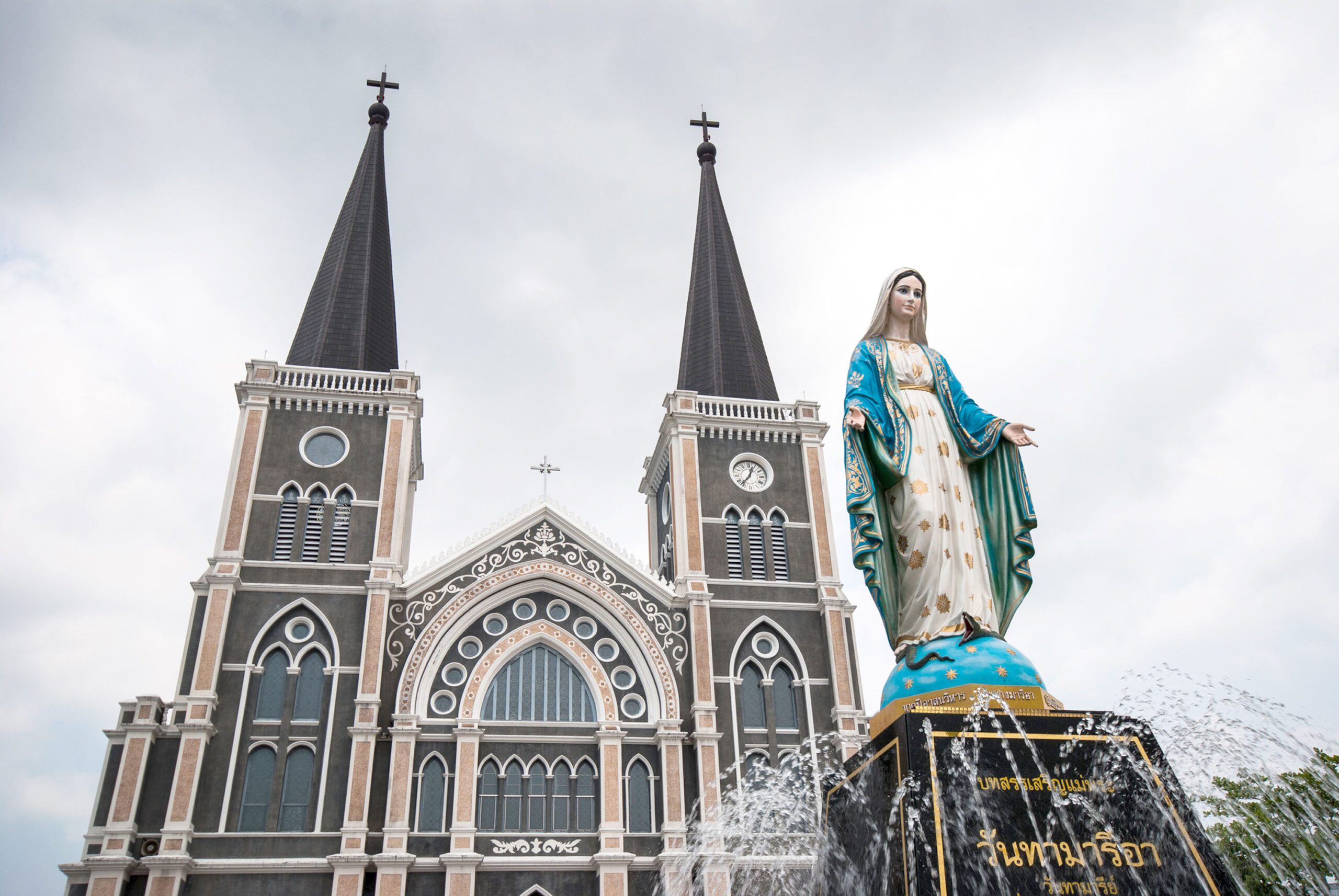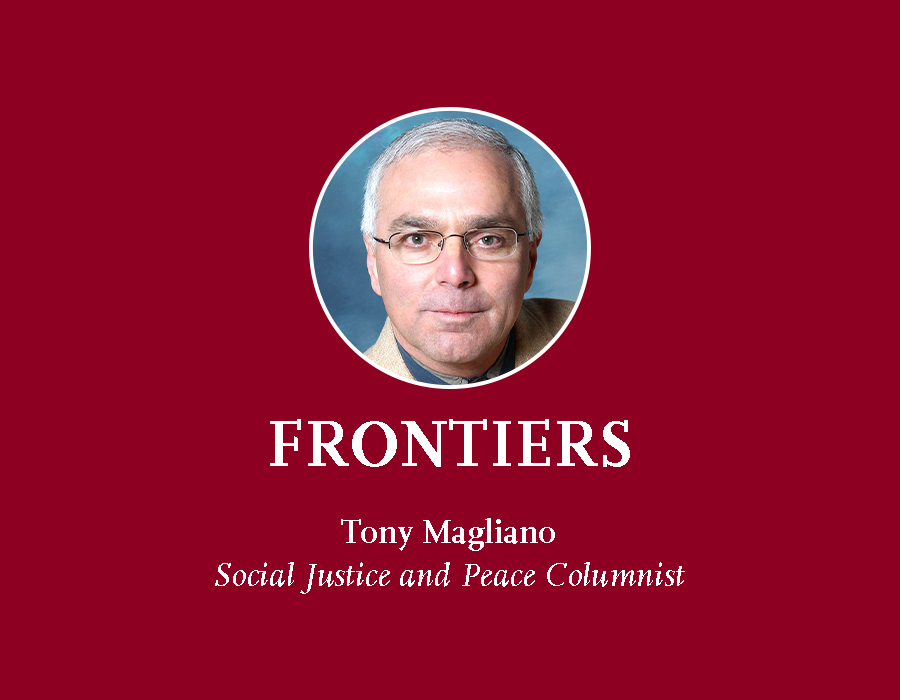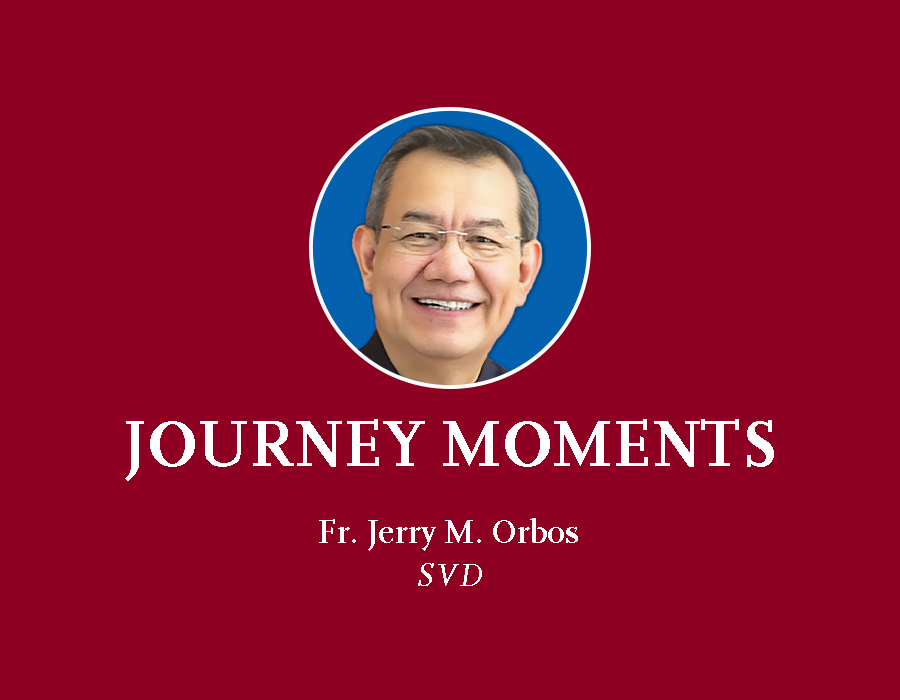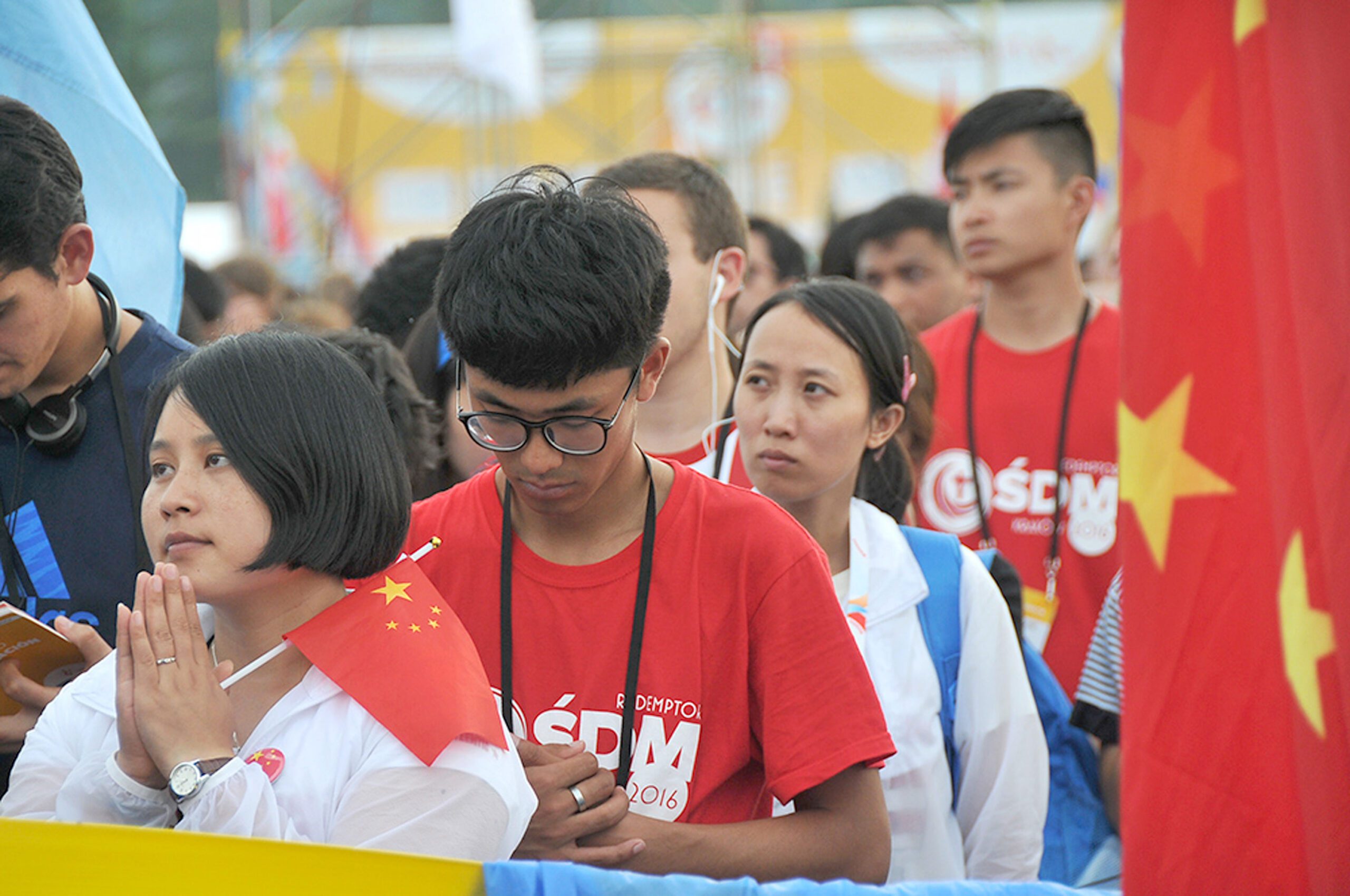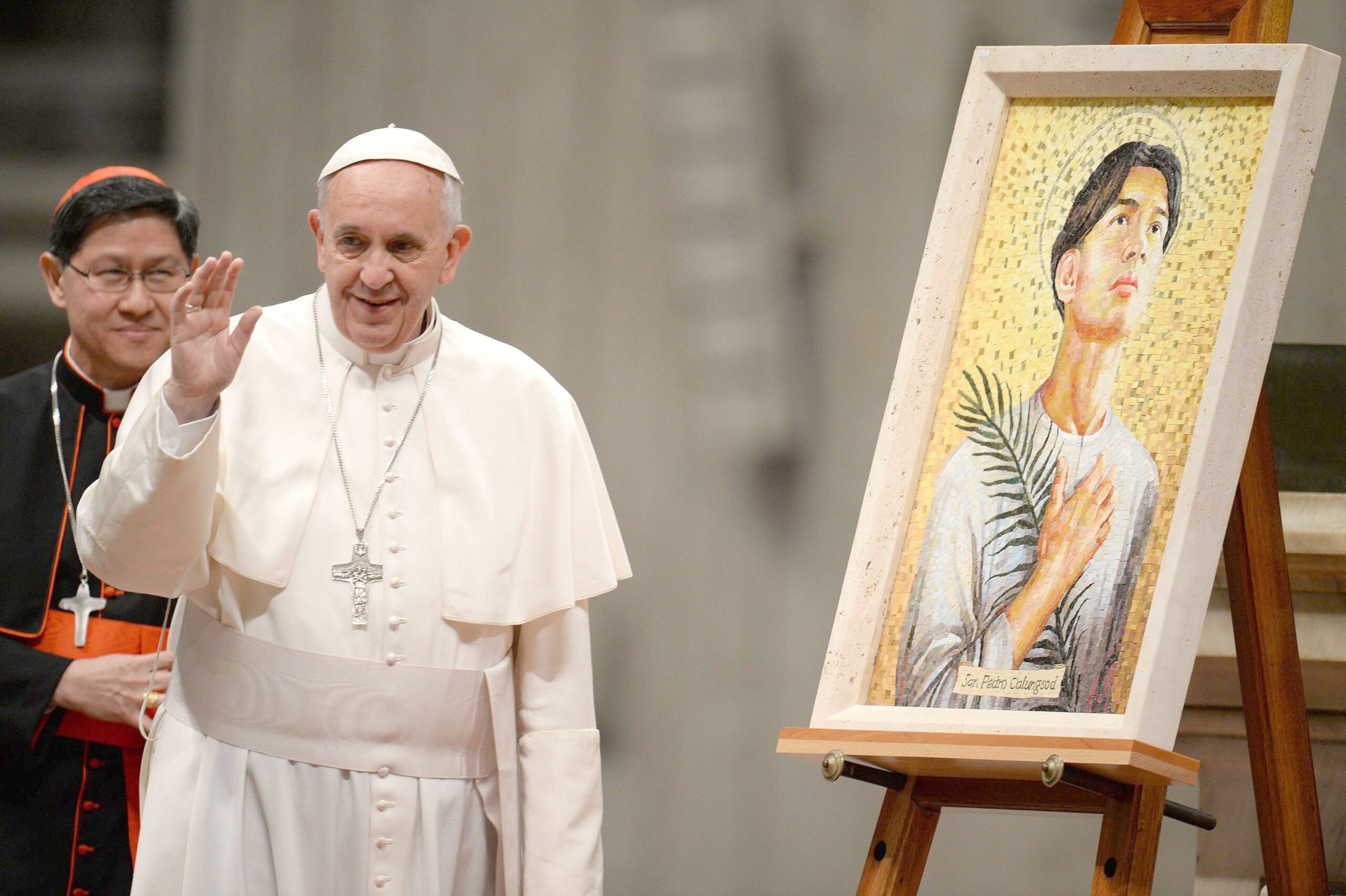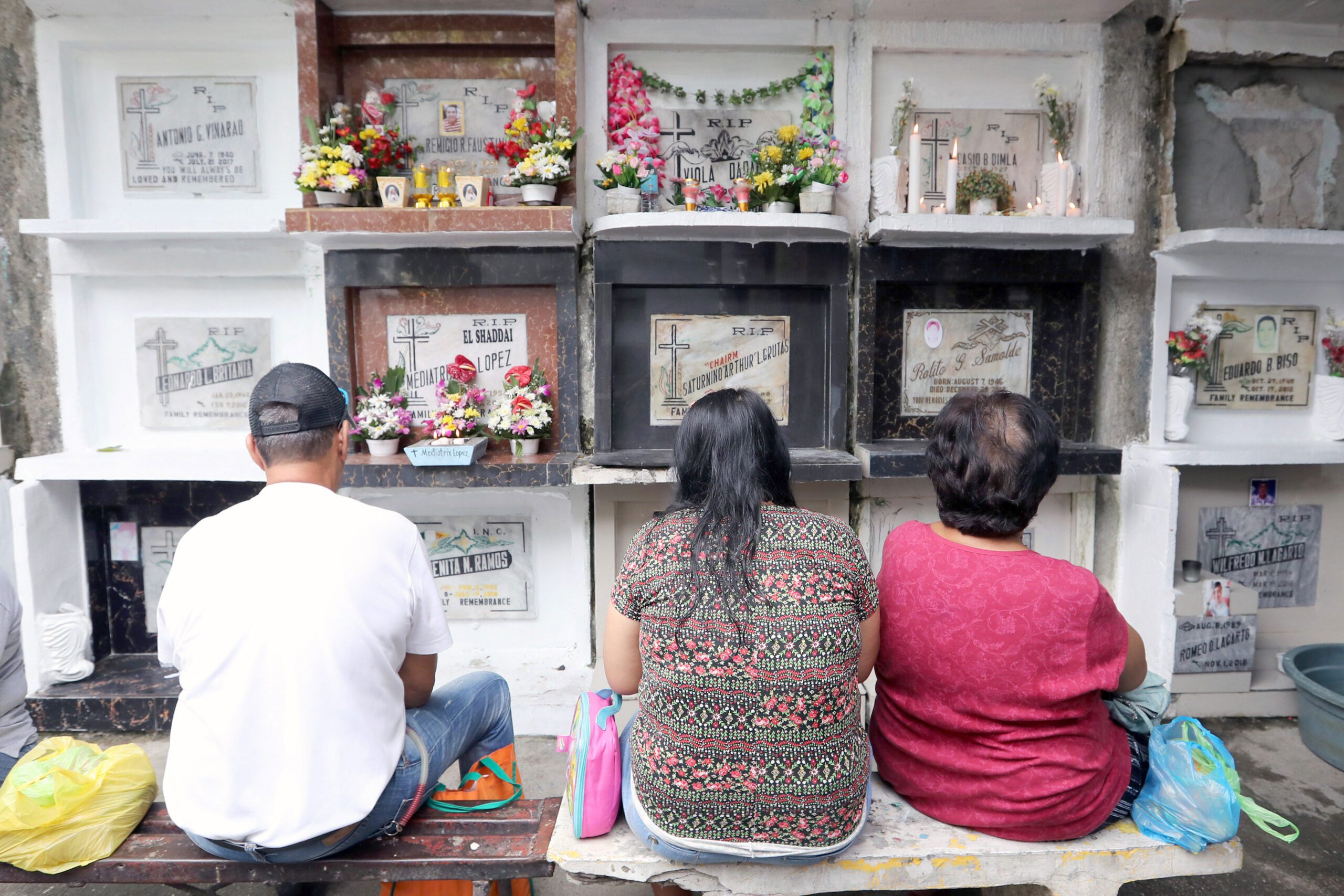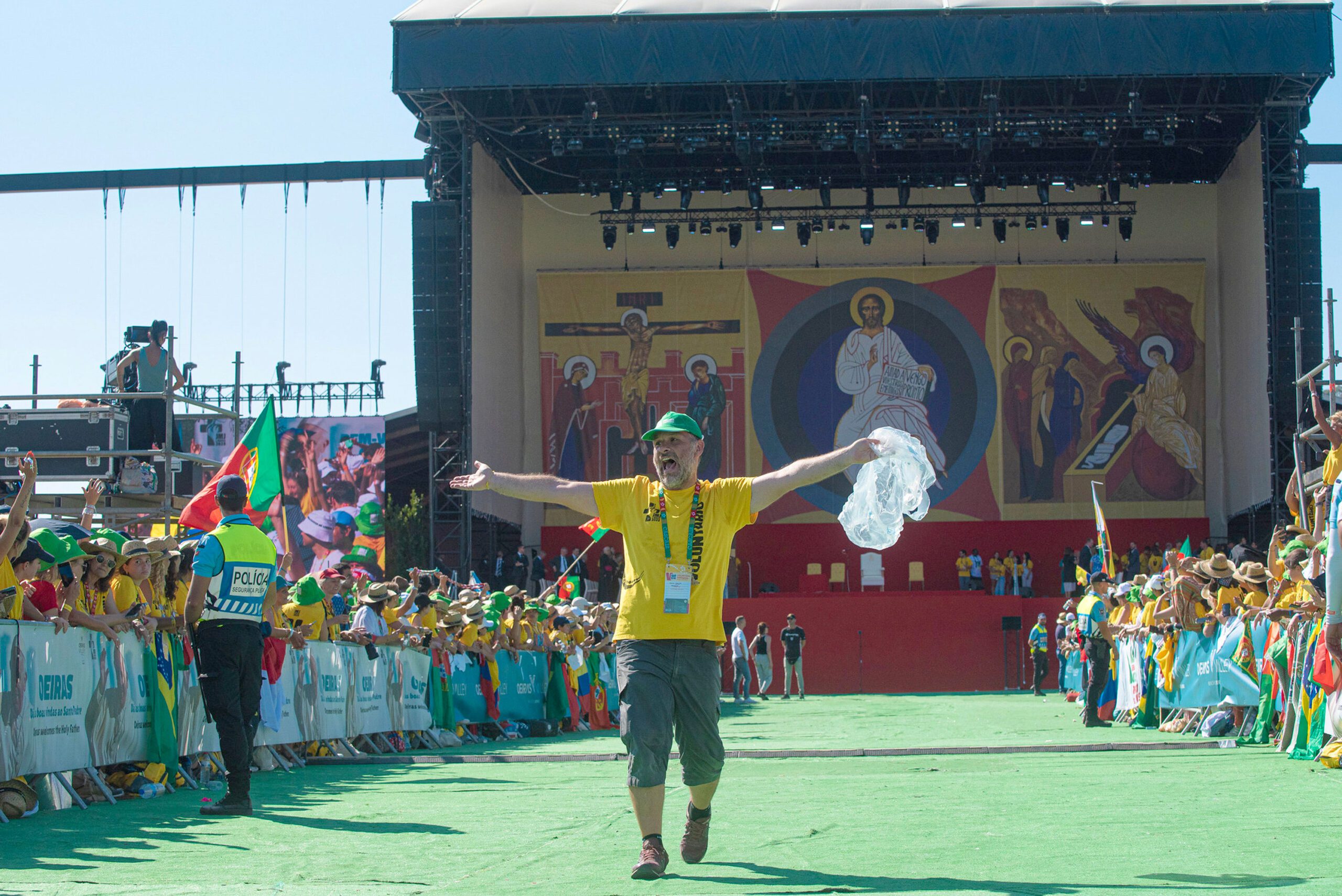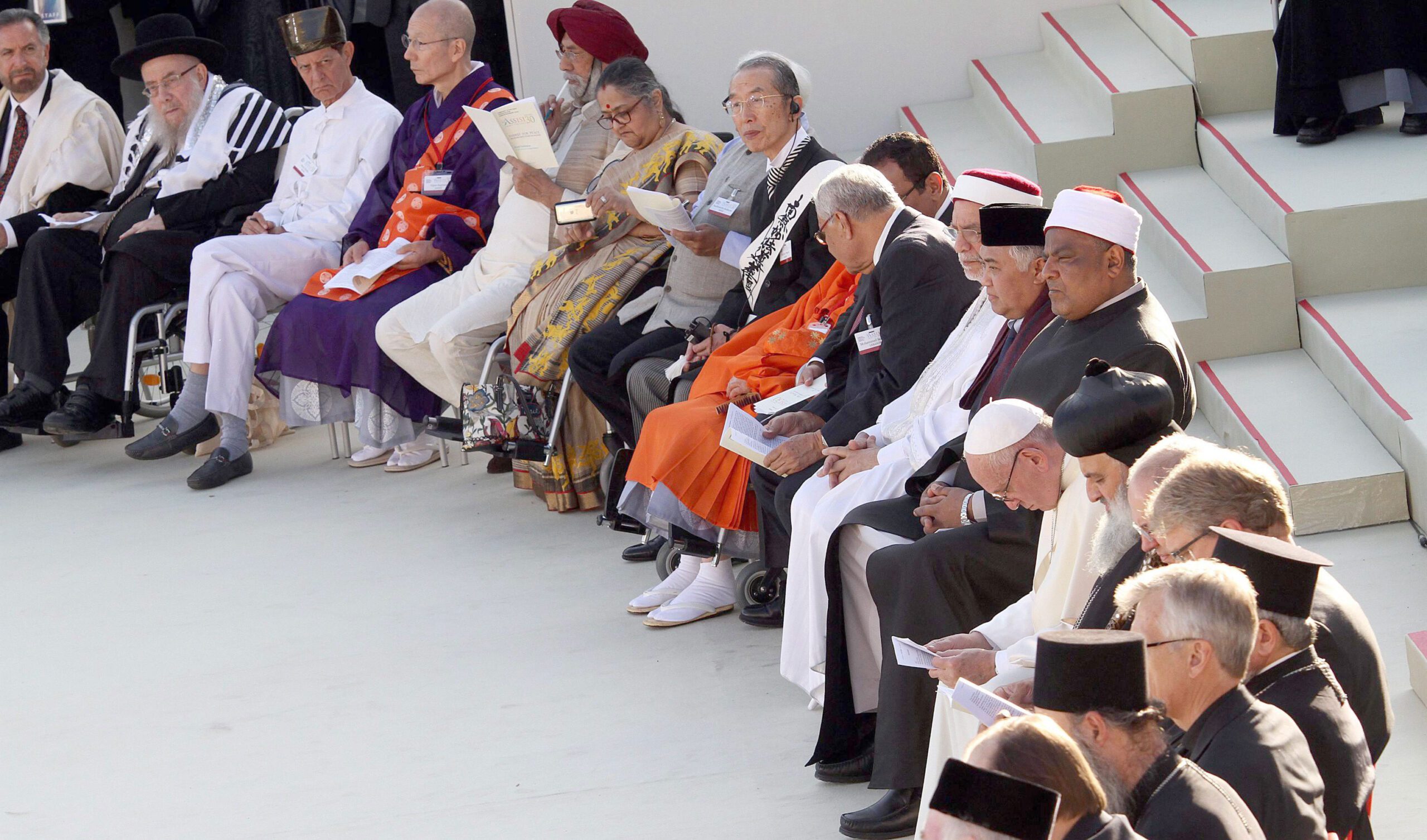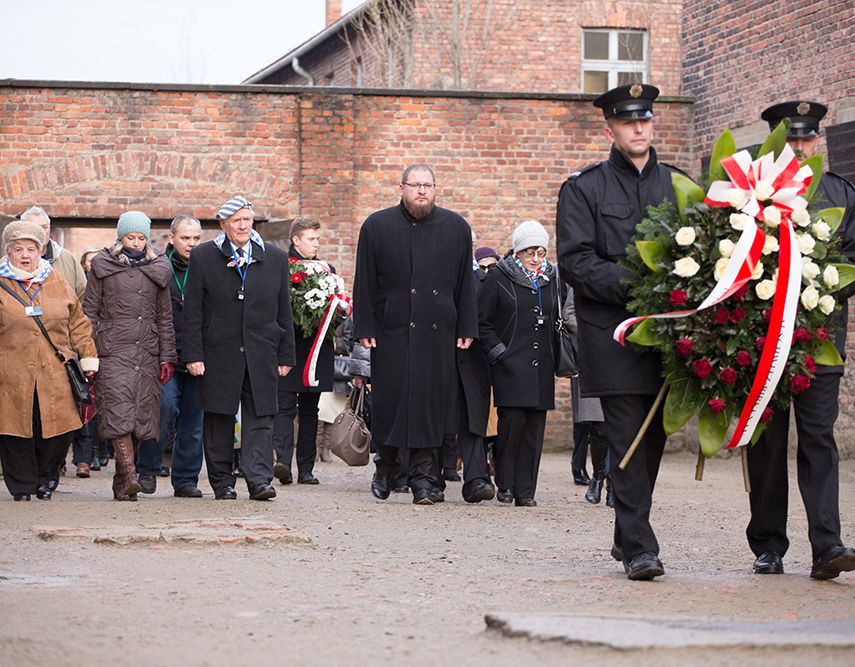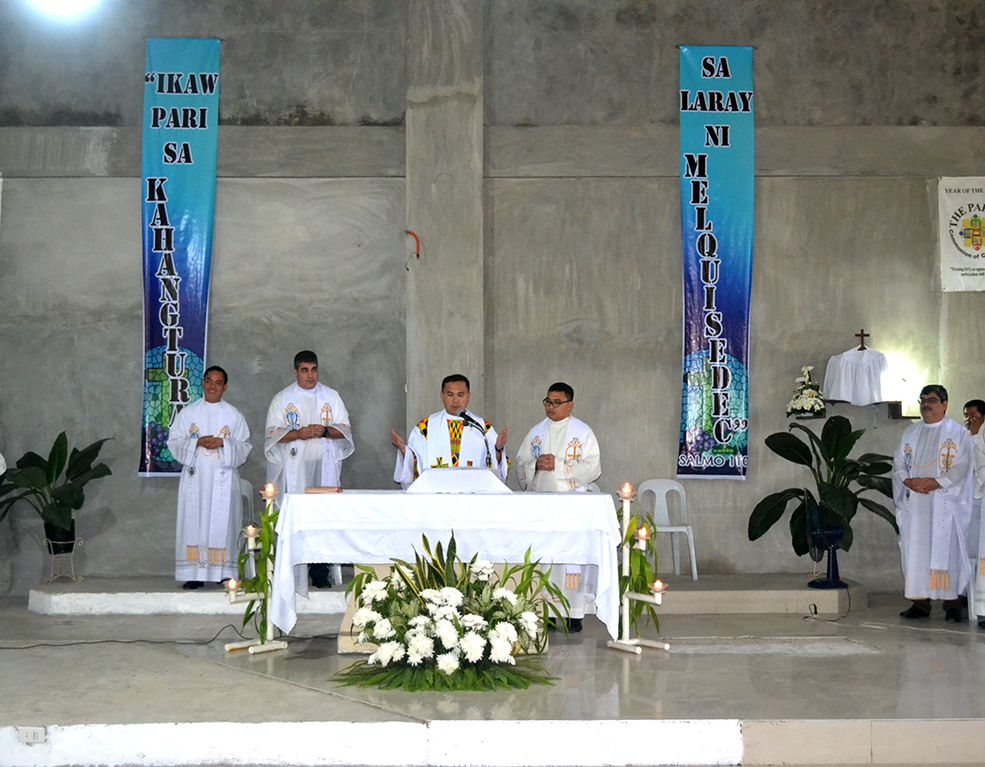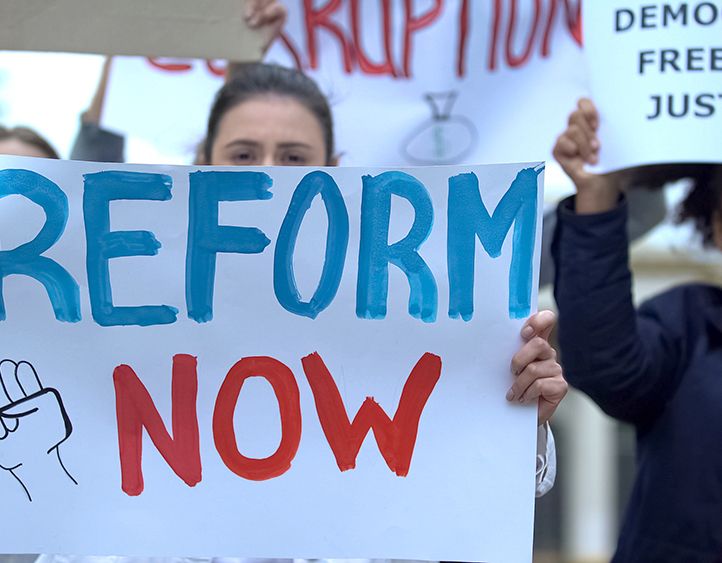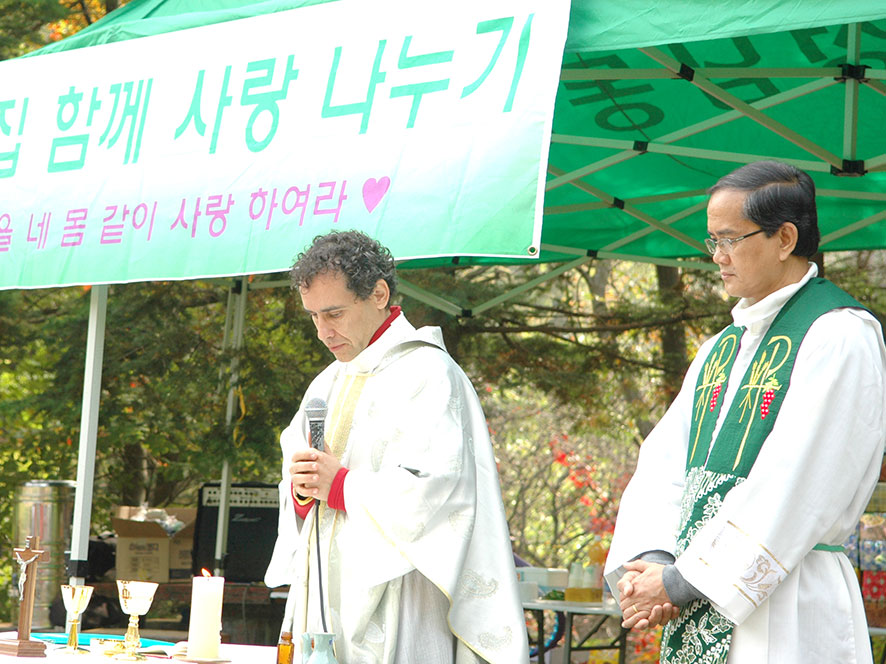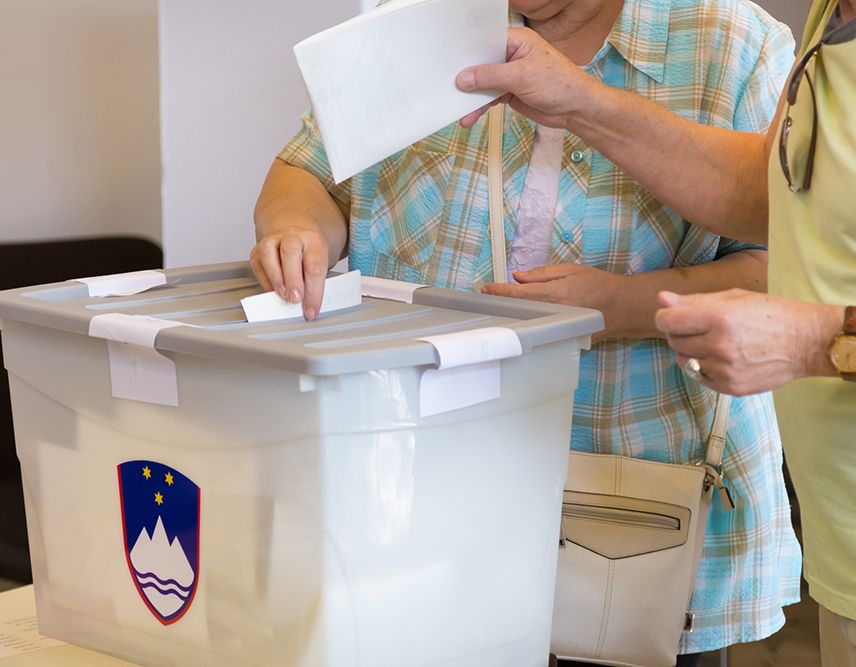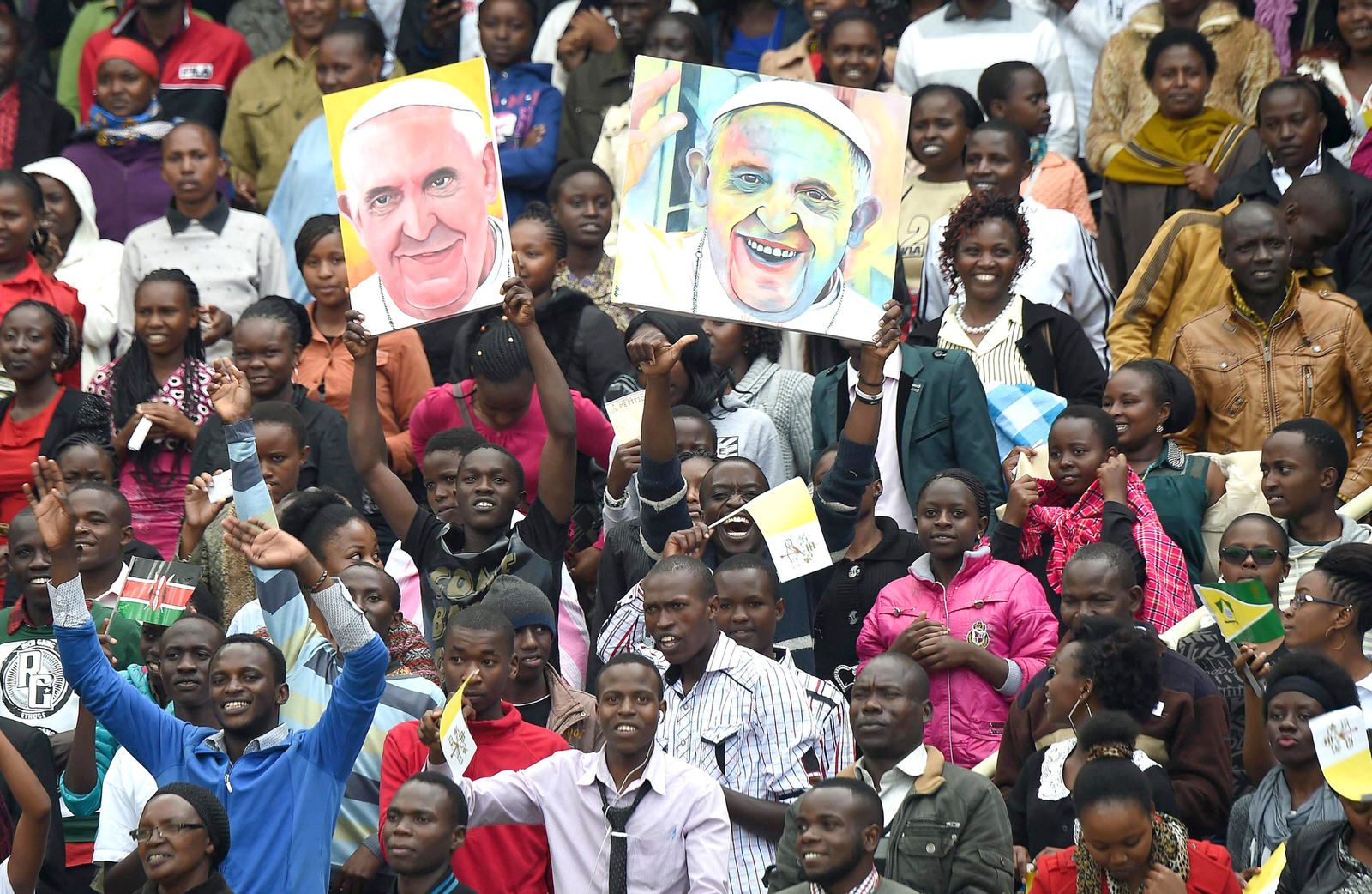Ambitious individuals and aspiring societies have sought to bring the entire world under their leadership when they thought it was possible, but they failed. One thinks of Alexander the Great, Julius Caesar, Genghis Khan, or Napoleon; Greeks, Romans, Chinese, Islamic empire-builders, or European colonial adventurers. They brought vast areas of the world together but failed to unify it or give humanity a sense of togetherness.
The United Nations was another attempt to draw the world closer to each other in a common effort for a shared future. But its inadequacies manifest themselves more clearly with the aggravation of the situations in Ukraine, Myanmar, or the Gaza strip. Political globalization is still in flux.
Political adventurers were greatly concerned with the economic wellbeing and prosperity of their society. If there were sharp competitions in the political field, there were sharper competitions in the economic field that have only strengthened themselves in our time. Though economic globalization and open markets have made more goods available to the average man, it has not always brought happiness in proportion.
We are familiar with Bentham’s utilitarian theory which proposes the greatest happiness of the majority as a goal. However, we know that economic advantage alone is not the source of happiness. Outsmarting others and accumulating wealth do not lead to utmost happiness. Let us take an example: what if someone’s happiness comes from serving the least privileged in society, as it was for Mother Teresa?
VALUES
It is evident that a dedicated social worker is not less rational, less intelligent, or less human than a shrewd profit-maker. We human beings are naturally inclined to feel a sense of responsibility towards the weaker ones. Christians feel a religious compulsion. Asian cultures have always given importance to family, education, disciplined work, austerity, simplicity, and teamwork. Our sages have always emphasized the importance of the ethic of responsibility.
Societies developed social values and cultural habits to respond to the needs of their own contexts. A few had the ability to look beyond immediate issues and make proposals for the long-term good of their community, keeping view of the ultimate destiny of humanity. Thus, they enriched the cultural heritage of their society. The challenge of the heritages of individual communities is to put them in relationship to the needs of a globalized world and make them respond to present-day anxieties.
NEED FOR GLOBAL PEACE
While we long for peace, what we hear every day is of clashes over political claims, religious interests, culture, language, natural resources, market, class, ideology, ethnicity, caste, and gender. Wars have always been cruel whether the conflict arises from ethnic pride, exaggerated nationalism, religious fanaticism, political ambition or economic greed; whether the struggle is between mighty nations, tiny political units, or armed young men on street corners.
Today, nations are arming themselves to the point of collective suicide, acquiring weapons beyond their economic strength. Over-equipping themselves with the most advanced weapons adds to the anxiety. The commercial interests of arms-selling nations aggravate the problem further. In situations of conflict, longing for peace is the first step; then doing what you can; and lastly, sharing ideas together towards solution.
“Ideas shape the course of history,” said John Maynard Keynes. Our conversation need not be only about the availability of goods, price reduction, and timely deals. It can also be about humanitarian concerns, cultural values, ethical principles, socially relevant ideas, and morally inspiring ideals. Let ideas talk to each other; let ideals dialogue. The collective unconscious seems to tell us that every differing thought is valid.
However, many like to build a wall around themselves and pretend that they know best. However, we must not forget that others’ ideas have legs; walls have ears; and thoughts keep travelling and reaching places from where they were most excluded. The solution then is dialogue, interaction and mutual sharing; not ethnic isolation, inward looking nationalism, ideological close-mindedness, communal passion, mutual incrimination, or inter-party strife.
THE POWER OF PRAYER
There is nothing like free interaction of ideas and ideals to open out new vistas. Arthur Thomson says, “The most powerful factors in the world are clear ideas in the minds of energetic men of good will.” The Apostles were a set of energetic and determined men. Jesus sent them to the world to bring His message of peace and wellbeing to all peoples and nations. They had a global vision for the wellbeing of humanity. Where they failed, they were certain that the Lord was with them.
We fail in the area of peace today. Referring to the need for peace in the Middle East, Africa and Ukraine, Pope Francis said, prayer has “no magic formulas for ending conflict,” but it does have the sacred right to express its pain (L’Osservatore Romano 15.9.23). Time comes when trust in God will reveal its power in a globalized world when we shall share the best of what we have: Ideas, Ideals, Faith!






